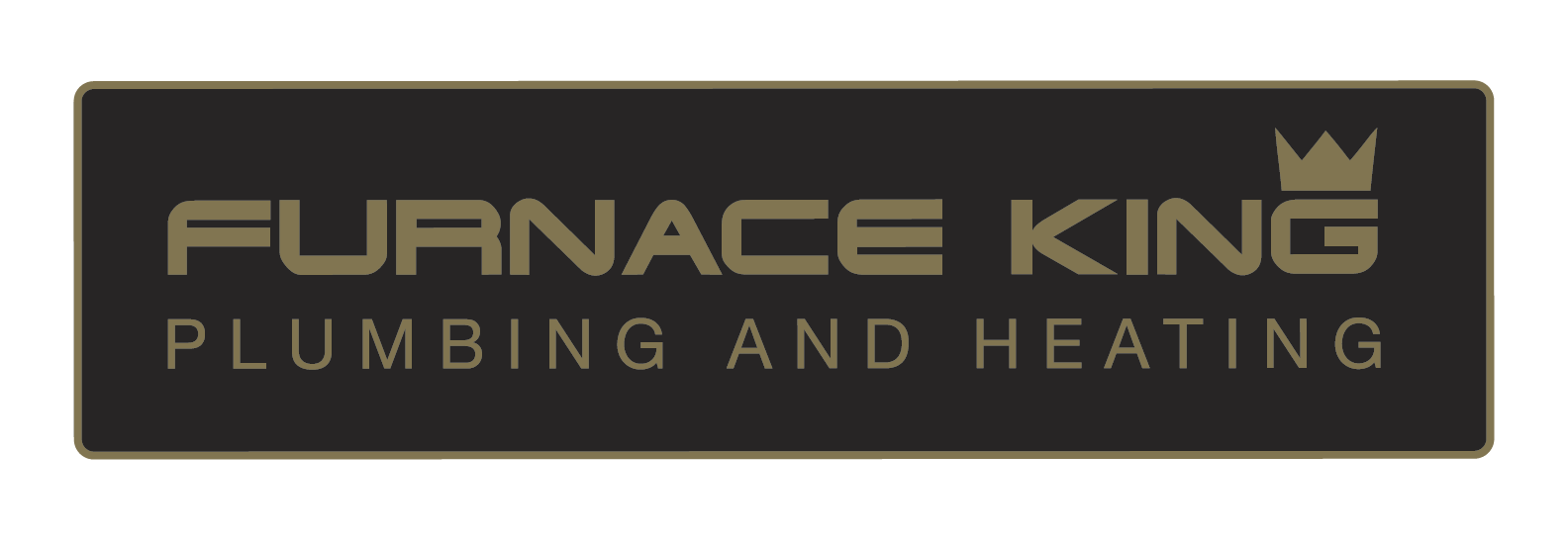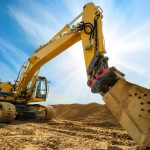Furnaces are mechanical devices used to heat up a substance, usually using fuel such as natural gas, oil, or coal. You can also use them in various settings, including homes, factories, businesses, and power plants.
The Benefits of a Furnace
There are many reasons to have a furnace in your home. These are some of them:
1. They Are Efficient
Furnaces are the most efficient heating systems, with some models reaching annual fuel utilization efficiency (AFUE) ratings of 96%.
2. They Distribute Even Humidity
Furnaces also provide a steady, even flow of heat, which can benefit people with allergies or respiratory conditions. The forced air circulation of a furnace also helps to distribute humidity more evenly throughout your home, which can be helpful in dry winter months.
3. They Are Low-Maintenance
Furnaces are relatively low-maintenance heating systems. The only regular maintenance required is changing the air filter, which should be done every few months.
The Drawbacks of a Furnace
Here are some of the main disadvantages of having a furnace.
1. They Can Be Expensive to Operate
Furnaces can be the most pricey way to heat your home. This is because they use a lot of energy to generate heat.
2. They Require Regular Maintenance
Furnaces require regular maintenance to keep them running efficiently. This includes changing the air filter and cleaning the furnace.
3. They Can Be Dangerous
Furnaces can be dangerous because they use natural gas or other flammable liquids to generate heat. If these materials are not used correctly, they can cause fires or explosions.
4. They Can Be Difficult to Install
Furnaces can be challenging to install, especially if you are not a trained professional. If you are not careful, you could damage your furnace or home.
Parts of a Furnace
Each good furnace consists of several parts, which play an essential role in its functioning.
1. The Burners
The burners are the part of the furnace that generates the heat. The fuel used to power
the furnace is burned in the burners, and the generated heat is then used to heat the air circulated through the furnace.
2. The Heat Exchanger
The heat exchanger is a device that is responsible for transferring heat from the burning fuel to the air that is being blown through the furnace. If the heat exchanger is not functioning correctly, the furnace will not be able to generate the necessary heat.
3. The Blower
The blower is the part of the furnace that moves air. It does this by drawing air through the furnace’s heat exchanger and then pushing it through the ductwork of the building.
4. The Ductwork
The ductwork is a system of vents and pipes that is used to distribute the heated air throughout the home or building. The ductwork is connected to the blower, and the air heated by the furnace is fanned through the ductwork and to the rooms of the home or building.
5. The Thermostat
The thermostat is the part of the furnace that controls the temperature. The thermostat is typically located in the living area of the home or building and is used to regulate the temperature of the air being ventilated through the furnace.
Conclusion
Furnaces are beneficial to homes, yet they come with drawbacks. However, these benefits outweigh the cons, especially if you’re living in a place where winters can be frigid and unforgiving.
If you are looking for a reliable furnace repair in Saskatoon, you are in the right place at Furnace King. With over a decade of experience when it comes to maintenance and installation services. Our fully licensed and insured team can help you with all of your needs. Message us to get your free quote today.









